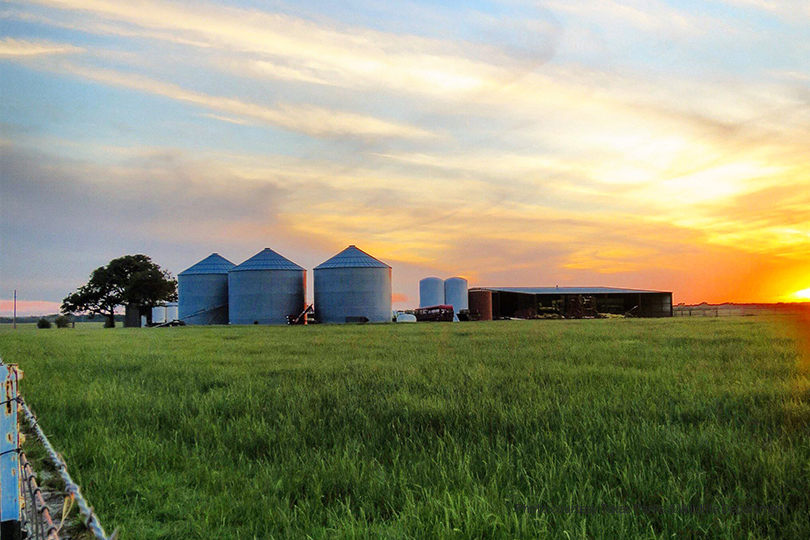Any change in capital gains tax policy that eliminates or scales back stepped-up basis could result in a massive tax burden on the agricultural sector, according to new analysis by the American Soybean Association and the American Farm Bureau Federation (AFBF).
To minimize the impact of burdensome capital gains taxes, farmers and ranchers use stepped-up basis, which provides a reset for the asset value basis during intergenerational transfers. The magnitude of the tax burden that would be felt if basis is taken away or reduced would likely significantly exceed the annual income generated by the assets, something that has American farmers concerned.
“The value of farms is tied up in land and equipment, and many hardworking farmers struggle just to make ends meet,” AFBF President Zippy Duvall said. “Eliminating stepped-up basis would make passing the family farm to the next generation much more difficult when the capital gains taxes would exceed a farm’s net income in many cases and require years to pay-off. We urge lawmakers to leave stepped-up basis intact to ensure farmers can continue feeding America’s families.”
Economists explain in an article that heirs facing higher taxes would incur steep costs after bringing the land to market, which would increase costs for everyone else in the marketplace. And, if an estate is passed on with debt, it may not be possible for the family to meet the tax obligation.
The analysis offers perspective across the U.S. and gives real examples of the damage stepped-up basis changes could cause. Bottom line: Eliminating stepped-up basis to generate more federal income risks the livelihood of America’s family farms and the economic sustainability of these family operations long into the future.
Write your members of Congress to ask for their continuation of stepped-up basis, which supports America’s farmers and ranchers, here.


The Biden plan to remove stepped up basis even with the exemption will destroy middle class people who inherit homes and small businesses and obviously farmers.
It’s a nasty stealth wealth transfer and must be stopped
Bidens plan all long was government control of food sources , drive out private farmers you got government run farms worked by illegal aliens, we are going down as a free country.
Sadly folks, The Republic died 06Jan21.
The vast majority of the politicians have joined the other side they may give lip service to being patriotic but they’re watching out for their own best interest. We now know that voting is no longer an option. The world is controlled by the media which can sway public opinion in a single tweet. ( isn’t Washington DC still surrounded by Barbwire walls and 10,000 or more troops?) not to mention the fake drama with the fake pandemic. Self Rescue. No one‘s coming.